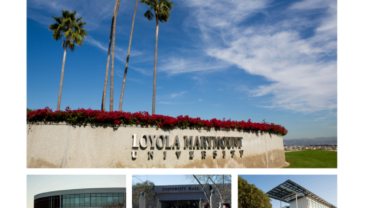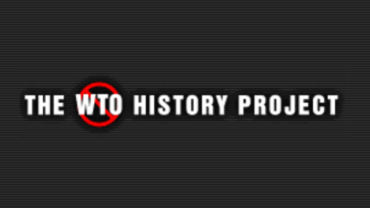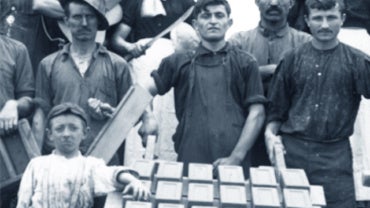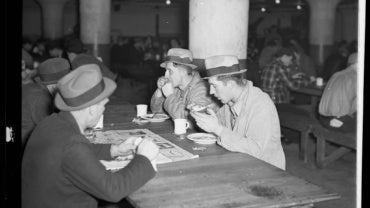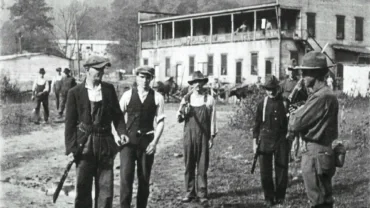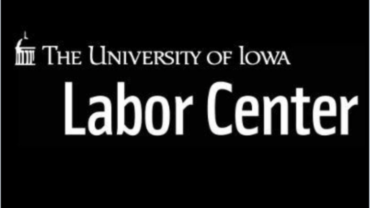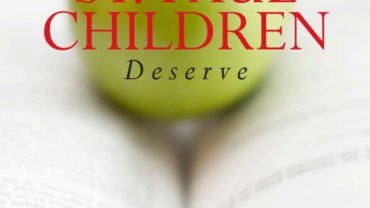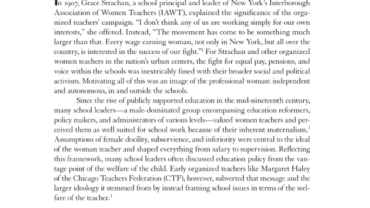This collection of life histories consists of approximately 2,900 documents, compiled and transcribed by more than 300 writers from 24 states, working on the Folklore Project of the Federal Writers’ Project, a New Deal jobs program that was part of the U.S. Works Progress (later Work Projects) Administration (WPA) from 1936 to 1940. Typically 2,000-15,000 words in length, the documents vary in form from narratives to dialogues to reports to case histories. They chronicle vivid life stories of Americans who lived at the turn of the century and include tales of meeting Billy the Kid, surviving the 1871 Chicago fire, pioneer journeys out West, grueling factory work, and the immigrant experience. Writers hired by this Depression-era work project included Ralph Ellison, Nelson Algren, May Swenson, and many others. The documents often describe the informant’s physical appearance, family, education, income, occupation, political views, religion and mores. Pseudonyms are often substituted for individuals and places named in the narrative texts. The life histories comprise a small part of the larger Manuscript Division collection titled United States Work Projects Administration Records.



